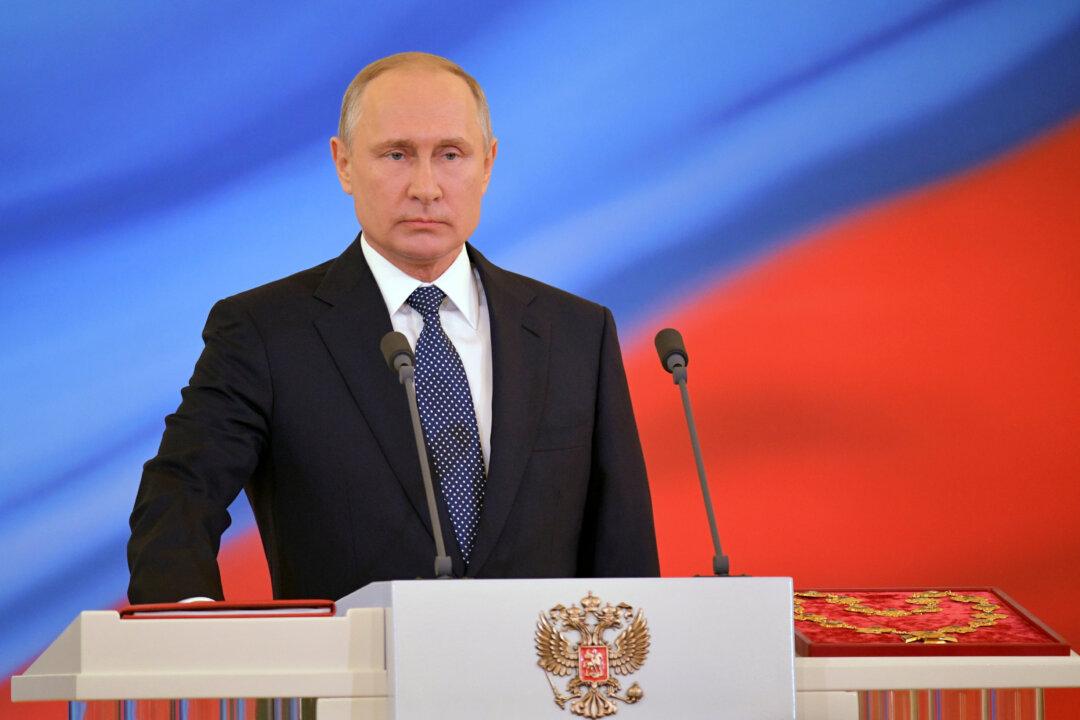That view is understandable, but it is wrong. Below the surface, subtle personnel moves and shifting political roles are having a powerful influence on the ship of state.
Medvedev Reloaded?
Although he has held the job since 2012, the Prime Minister Medvedev of 2018 may well be a different man in a different role. Six years ago, Medvedev’s obedient step down from the presidency to the premiership was seen as a sign of weakness and servility.Svyatoslav Kaspe is a Professor at National Research University in Moscow and Editor in Chief at Politeia, Journal of Political Theory, Political Philosophy and Sociology of Politics. This article was first published by GIS Reports Online.

